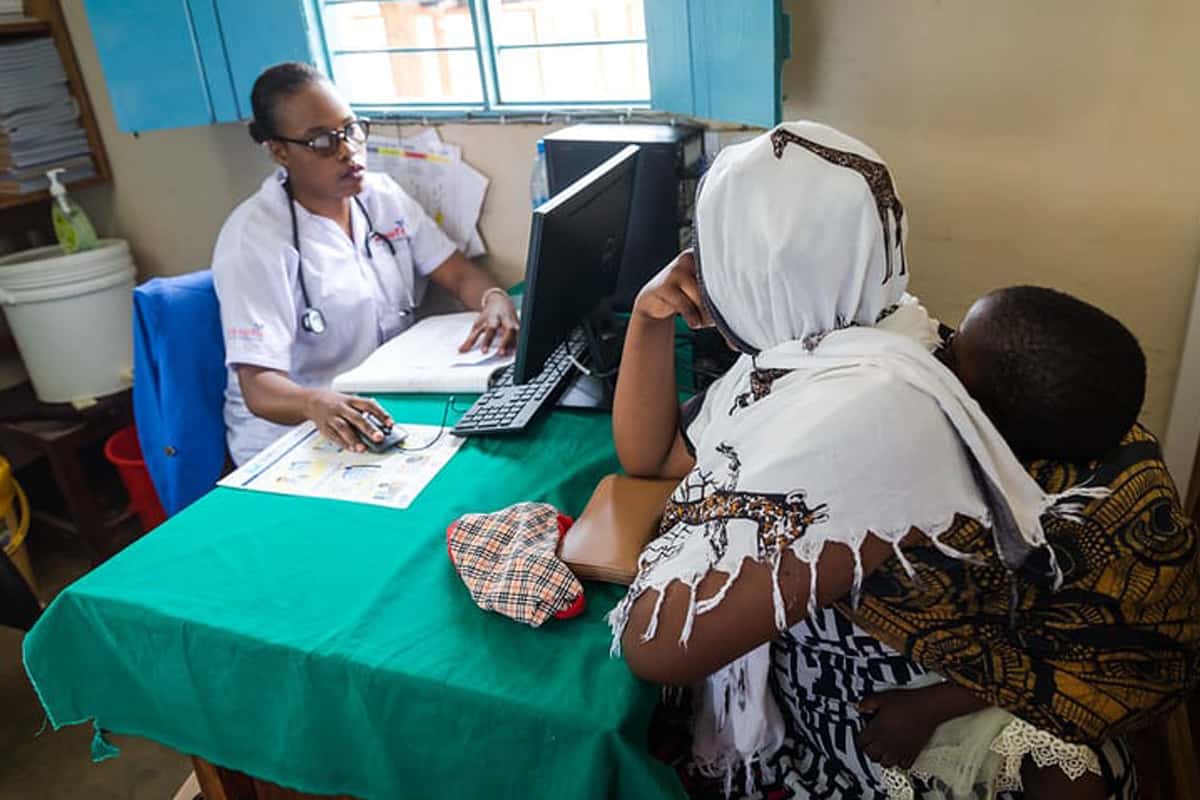
USAID-Funded D4D Project to Assess Impact of COVID-19 on Tanzanian Population
USAID/Tanzania recently added supporting the Government of Tanzania in minimizing the socio-economic impacts of the COVID-19 pandemic to the ongoing ME&A-led Data for Development (D4D) project.
By early June, there were 509 confirmed cases, 21 deaths, and 183 recovered cases from COVID-19 in Tanzania, according to Johns Hopkins Coronavirus Resource Center. Testing in the country, however, is limited, and church and other public gatherings remain open with overcrowded public transportation buses still running. It is unclear how many Tanzanians with COVID-19 the country’s weak healthcare apparatus can serve in the months ahead. Likewise, how cancellation of classes will impact youth is unclear.
USAID has tasked ME&A with identifying areas across Tanzania most susceptible to the prolonged health and socio-economic effects of COVID-19 and the ongoing response. The assessment includes healthcare infrastructure; the economic sector, such as the impact on the tourism industry; and education, including the adverse impact on children with no opportunity for home learning through radio, television, or Internet. USAID is particularly interested in how USAID can assist getting students back up to appropriate learning levels, how youth can be engaged to prevent or respond to the crises, and how the loss of employment and income will lead to adverse nutrition situations within households.
The assessment team will include both D4D and ME&A headquarters staff, a GIS specialist, and Avenir Health as a subcontractor for health modeling. The team will review existing literature and other secondary data sources and conduct semi-structured interviews with strategic stakeholders by telephone and web-conference. The final report will be delivered over the summer.
USAID/Tanzania awarded ME&A the Data for Development Project in 2017 as a task order under the Policy, Planning and Learning-Learning, Evaluation and Research (PPL-LER) IDIQ contract to provide evaluation, monitoring, and assessment services for USAID Missions and Offices worldwide.


